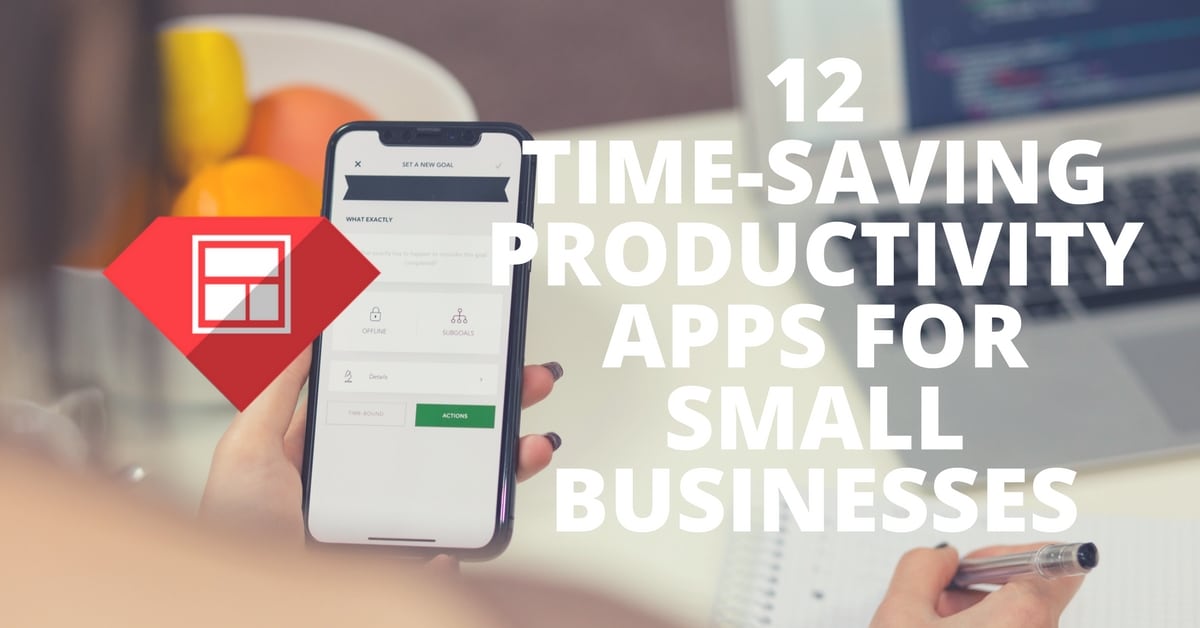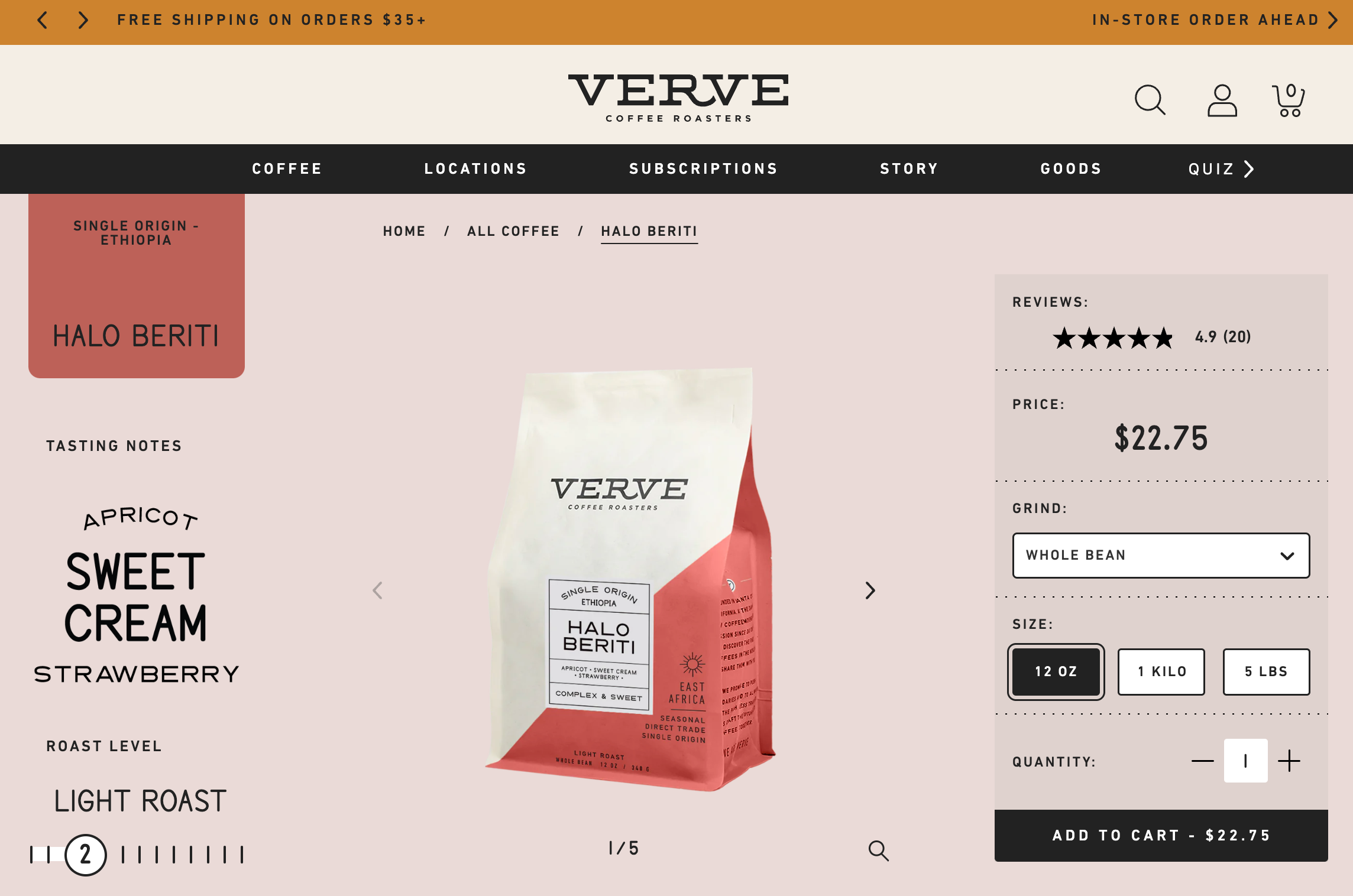FAQs
What is the best bank account for startups?
Finding the best bank account for your startup can be a daunting task. With so many options available, it’s essential to consider your company’s individual needs. While there is no one-size-fits-all solution, the best banks for startup businesses generally offer low fees, robust online and mobile banking features, easy money transfers, and access to loans or credit. Some reputable business banks for startups include Mercury, Lili, and Chase.
How do I choose a bank for my startup?
Choosing the right bank for your startup requires careful consideration of various factors. Take into account fees, minimum balance requirements, transaction limits, access to physical branch locations, online and mobile banking capabilities, customer service quality, and the availability of additional services like business loans or credit cards. Look for a bank that understands the unique needs of startups and small businesses. Start by comparing multiple banks’ business banking accounts and narrow down your choices based on your startup’s specific requirements.
Which banks offer startup business loans?
Many banks, including Chase, Wells Fargo, and U.S. Bank, offer business loans to startups. The Small Business Administration (SBA) partners with these and other lenders to provide SBA-guaranteed loans specifically tailored for startups. Additionally, fintech companies and online lenders offer alternative funding options. Remember to compare interest rates, repayment terms, and eligibility requirements before deciding on a lender.
Is Bank of America good for startups?
Bank of America is a popular choice for startups due to its wide range of services. They offer business checking and savings accounts, business credit cards, small business loans, and merchant services. However, your experience may vary depending on your specific needs and circumstances. It’s always advisable to compare several options before deciding on a bank for your startup.
Can I use my personal bank account for my startup?
While it’s technically possible to use your personal bank account for your startup, it’s generally not recommended. Mixing personal and business finances can lead to complications, especially when it comes to tax preparation and financial management. Instead, consider opening a business bank account to separate your personal and business finances. This can help you keep better track of your startup’s income and expenses.
Can I open a business checking account as a sole proprietor?
Absolutely! Opening a business checking account as a sole proprietor is highly recommended. Even as a sole proprietor, keeping your business and personal finances separate can make it easier to manage your business finances and prepare for taxes. Many banks offer business checking accounts specifically designed for sole proprietors.
What is a neobank?
A neobank is a digital-only bank that operates without traditional physical branch locations. These banks conduct all their operations online and through mobile apps. Neobanks often offer the same services as traditional banks, such as checking and savings accounts, but with lower fees due to their lower overhead costs. Neobanks can be a good option for startups that do not require face-to-face banking services.
What are money market funds?
Money market funds are mutual funds that invest in short-term, low-risk assets like government securities and commercial paper. They aim to offer higher returns than a savings account while preserving capital and maintaining a stable share value, usually $1.
These funds provide liquidity and slightly higher yields compared to other investment options. However, note that they are not insured by the Federal Deposit Insurance Corporation (FDIC) and carry a minor risk of potential losses. Instead, they are regulated by the U.S. Securities and Exchange Commission (SEC).
Individuals and businesses often utilize money market funds to manage their short-term excess cash. It’s important to bear in mind that their performance is heavily influenced by the interest rates set by the Federal Reserve.
It’s worth mentioning that money market accounts, on the other hand, are savings accounts offered by banks and credit unions. These accounts typically offer higher interest rates than regular savings accounts but may have higher minimum balance requirements.
In conclusion, finding the best bank for your startup requires careful consideration of various factors. Evaluate your startup’s specific needs, compare multiple banks, and choose the one that offers the most suitable services and flexibility. Remember, separating your personal and business finances is crucial for better financial management. Start your journey with Business, a bank that understands and supports the unique needs of startups like yours.





